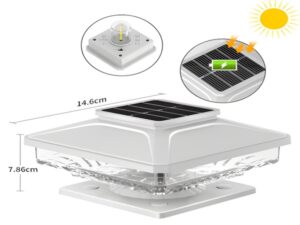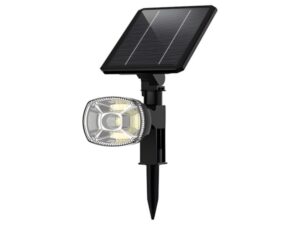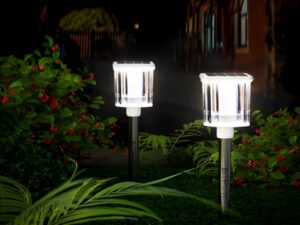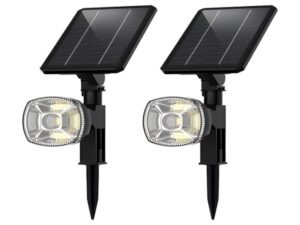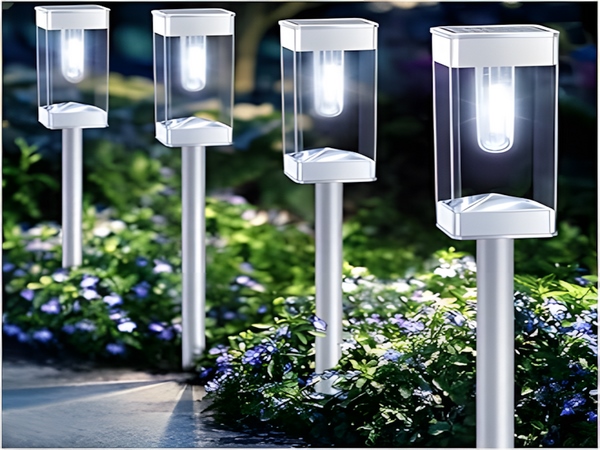
Due to the current low output beam of LEDs used in solar garden lights, a large number of LED components need to be placed in a module to achieve the required illumination level. Since the photoelectric conversion efficiency of LEDs is only 15% to 20%, the remaining energy is converted into heat. Therefore, when a significant number of LEDs are arranged in one module, it increases the difficulty of heat dissipation.
The main issue is that this heat will cause the temperature of the LED module to rise, leading to a decrease in the operating voltage of the LED, reducing light intensity, and elongating the light wavelength. It also affects the efficiency of the LED driver, damaging components like magnetic elements and output capacitors, which compromises the reliability of the LED driver and significantly reduces the lifespan of the LEDs, accelerating light decay. Good heat dissipation design in LED lighting is mainly based on the following considerations:
1) Improving the luminous efficiency of LEDs, increasing current (power), and lowering the junction temperature (Tj) of the LED chip.
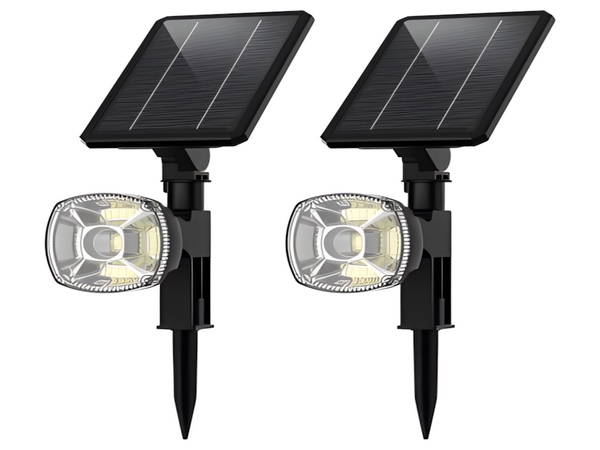
2) High optical performance and high reliability of LEDs depend on the junction temperature (Tj) of the LED chip. Therefore, good thermal design is essential for managing the LED junction temperature, and the heat dissipation methods primarily include conduction, convection, and radiation.
3) Conduction and convection are crucial for the heat dissipation of solar garden lights, while radiation is less critical. From thermal analysis, the heat (Q) generated is equal to the power dissipated (PD) when the current (I) and effective voltage (UF) and forward current (IF) are at standard efficiency, as any relative changes for UF and IF are minimal.
If traditional lighting fixtures are converted into solar garden lights, although using aluminum profiles for heat sinks and enclosing the entire light source and driver circuit in an aluminum casing can solve the protection level issue, the light source remains in a sealed housing. The heat generated during operation cannot dissipate into the air, causing the temperature of the LED module and driver circuit to rise sharply in harsh environments. As temperatures increase, the LED experiences light decay or even damage, while the driver may also fail due to excessive heat, reducing the reliability and lifespan of the LED lights.

Bitpott Solar Garden Lights manufacturers are specialized in the research, production, and sales of solar and LED outdoor lighting. They have years of production experience and advanced manufacturing equipment, ensuring quality, reasonable prices, and configurations. For purchasing solar garden lights, please contact our online customer service.
For inquiries about solar garden light prices, please consult our online customer service or call the service hotline.
